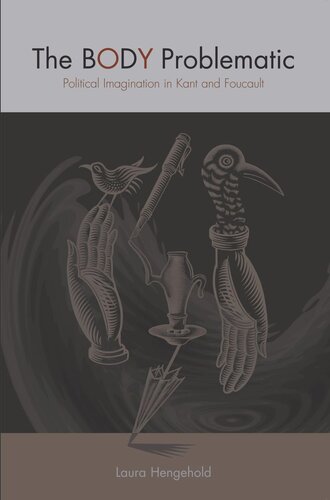

Most ebook files are in PDF format, so you can easily read them using various software such as Foxit Reader or directly on the Google Chrome browser.
Some ebook files are released by publishers in other formats such as .awz, .mobi, .epub, .fb2, etc. You may need to install specific software to read these formats on mobile/PC, such as Calibre.
Please read the tutorial at this link: https://ebookbell.com/faq
We offer FREE conversion to the popular formats you request; however, this may take some time. Therefore, right after payment, please email us, and we will try to provide the service as quickly as possible.
For some exceptional file formats or broken links (if any), please refrain from opening any disputes. Instead, email us first, and we will try to assist within a maximum of 6 hours.
EbookBell Team

5.0
88 reviewsLate in life, Foucault identified with “the critical tradition of Kant,” encouraging us to read both thinkers in new ways. Kant’s “Copernican” strategy of grounding knowledge in the limits of human reason proved to stabilize political, social-scientific, and medical expertise as well as philosophical discourse. These inevitable limits were made concrete in historical structures such as the asylum, the prison, and the sexual or racial human body. Such institutions built upon and shaped the aesthetic judgment of those considered “normal.”
Following Kant through all of Foucault’s major works, this book shows how bodies functioned as “problematic objects” in which the limits of post-Enlightenment European power and discourse were imaginatively figured and unified. It suggests ways that readers in a neoliberal political order can detach from the imaginative schemes vested in their bodies and experiment normatively with their own security needs.